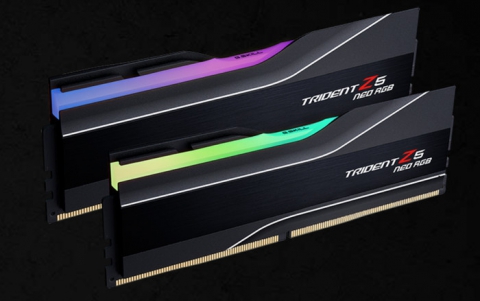
Microsoft Unveils 'Bing' Search Engine
Microsoft today unveiled Bing, a new search engine designed to help users make faster, more informed decisions.
Bing is specifically designed to build on the benefits of today's search engines but also offers new tools to help users make better decisions, focusing initially on four key vertical areas: making a purchase decision, planning a trip, researching a health condition or finding a local business.
Microsoft is calling Bing 'a Decision Engine,' designed to empower people to gain insight and knowledge from the Web, moving more quickly to important decisions. The new service, located at http://www.Bing.com, will begin to roll out over the coming days and will be fully deployed worldwide on Wednesday, June 3.
The new search engine relies predominately on algorithms and key words to provide results for online searches but has infused some semantic technology that deduces intended meanings of phrases, according to Microsoft.

Bing was developed as a tool to help people more easily navigate through the information overload that has come to characterize many of today?s search experiences. For example, people using Bing to shop online will automatically be provided product reviews and those planning trips will get information regarding travel bargains.
Bing has a "Best Match" feature that identifies and gives high priority to answers that seem to best fit queries.
"Quick Tabs" that appear automatically on search results pages recommend query refinements.
Bing will replace MSN Live Search, which has languished in a distant third place behind market-leading Google and second-place Yahoo!
"Today, search engines do a decent job of helping people navigate the Web and find information, but they don?t do a very good job of enabling people to use the information they find," said Steve Ballmer, Microsoft CEO. "When we set out to build Bing, we grounded ourselves in a deep understanding of how people really want to use the Web. Bing is an important first step forward in our long-term effort to deliver innovations in search that enable people to find information quickly and use the information they?ve found to accomplish tasks and make smart decisions."
Microsoft is calling Bing 'a Decision Engine,' designed to empower people to gain insight and knowledge from the Web, moving more quickly to important decisions. The new service, located at http://www.Bing.com, will begin to roll out over the coming days and will be fully deployed worldwide on Wednesday, June 3.
The new search engine relies predominately on algorithms and key words to provide results for online searches but has infused some semantic technology that deduces intended meanings of phrases, according to Microsoft.

Bing was developed as a tool to help people more easily navigate through the information overload that has come to characterize many of today?s search experiences. For example, people using Bing to shop online will automatically be provided product reviews and those planning trips will get information regarding travel bargains.
Bing has a "Best Match" feature that identifies and gives high priority to answers that seem to best fit queries.
"Quick Tabs" that appear automatically on search results pages recommend query refinements.
Bing will replace MSN Live Search, which has languished in a distant third place behind market-leading Google and second-place Yahoo!
"Today, search engines do a decent job of helping people navigate the Web and find information, but they don?t do a very good job of enabling people to use the information they find," said Steve Ballmer, Microsoft CEO. "When we set out to build Bing, we grounded ourselves in a deep understanding of how people really want to use the Web. Bing is an important first step forward in our long-term effort to deliver innovations in search that enable people to find information quickly and use the information they?ve found to accomplish tasks and make smart decisions."





















